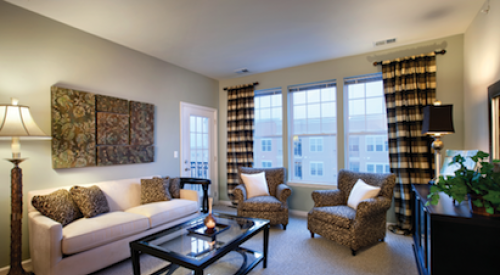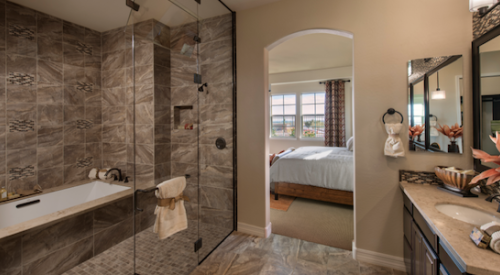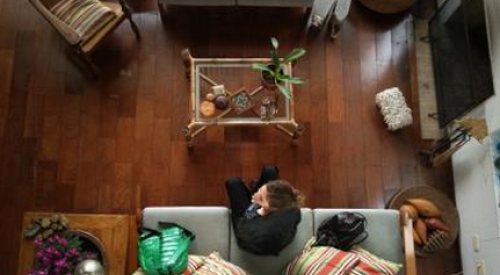The National Multi Housing Council (NMHC), of Washington, D.C., analyzed the census data and found that between March 1998 and March 1999, the number of apartment renters grew 2.2%, compared to a 1.4% gain in total households. The data also showed that the fastest-growing segment of the apartment market came from households earning $50,000 or more, a 4.7% increase (after adjustment for inflation) over the year before.
"Demographics and changing lifestyles are fueling the increase in apartment demand," says Jonathan Kempner, president of the NMHC. "The Census Bureau is projecting a boom in the population groups most likely to choose an apartment--young adults, one-person households and married couples with no children." Kempner goes on to say that apartments offer a lifestyle better suited to the needs of these groups by combining convenience and amenities. "They provide residents with the flexibility to respond to job and lifestyle changes," he says.
Community amenities such as personal garden plots, indoor and lighted outdoor athletic facilities, resort-style swimming pools, fitness centers and concierge services are very attractive to these groups. Among the more popular features included in newly constructed apartments are fully equipped business centers with videoconferencing capabilities and on-site personal services such as after-hours doctors and dentists, valet car services and personal trainers.
Other ways in which apartments are incorporating new design elements and amenities to satisfy the needs of renters include: private in-unit alarm systems with video surveillance through closed-circuit television, pre-wired entertainment centers with surround sound, stereo speakers wired for every room, integrated telephone, cable TV and high-speed internet service and keyless entry systems.
"High-tech and telecommunications features are especially attractive features of the new apartment buildings," says Kempner. "What is commonly unavailable in affordable single-family housing can be provided cheaply when the cost is spread out over several units."
"Financial factors also play a role in creating new apartment renter households," says Jack Goodman, NMHC vice president of research and chief economist. "Tax law changes passed in 1997 have caused many Americans to question the assumption that owning a home is better from an economic standpoint than renting."
Goodman explains that the first $500,000 of capital gains on homes sold by joint filers (half that for single filers) are now exempt from taxes. Without the prospect of large tax liabilities, many people - particularly empty nesters - are choosing to rent and let someone else worry about cutting the grass, repairing household mechanicals and paying property taxes.
"Having paid down their mortgages, many members of this group are now able to reallocate their wealth--completely tax free--into a broader array of investments," says Goodman.












